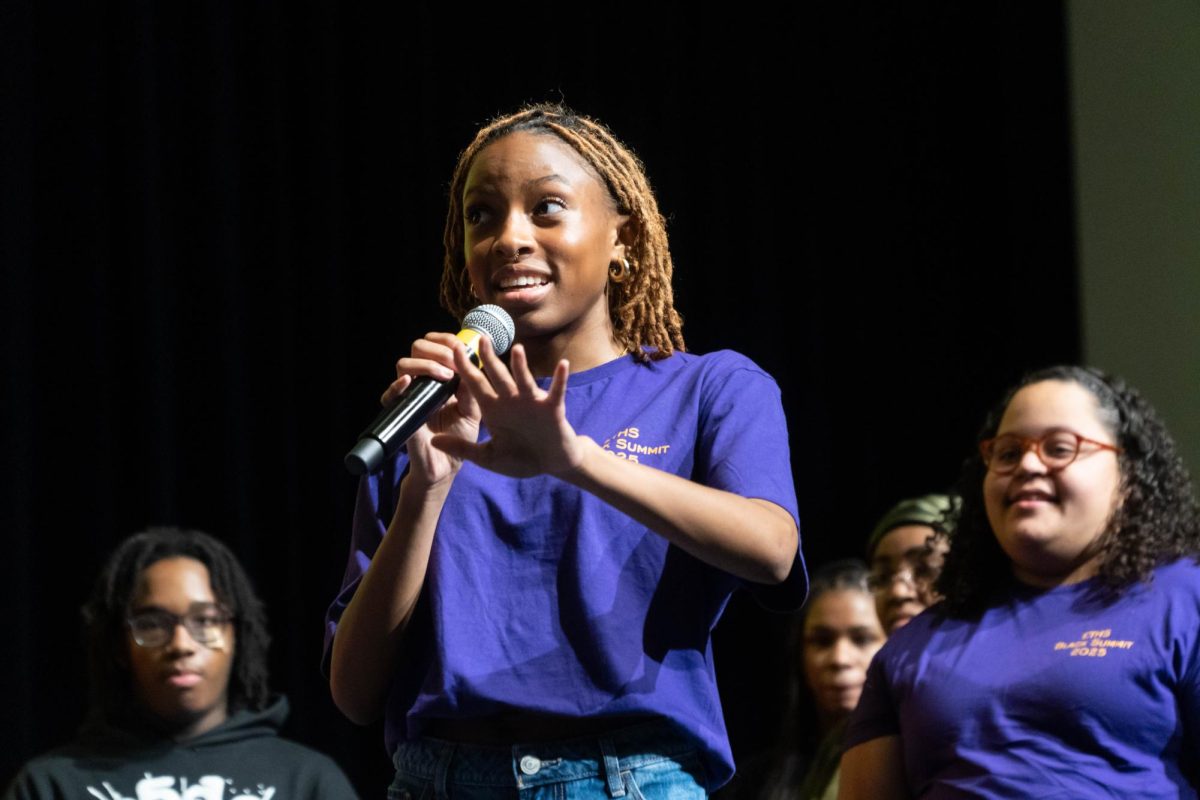
On November 5th, 2024, millions of Americans tuned in as the results of the recent presidential election were televised across the country. With Donald Trump receiving 76,931,945 popular votes and 312 electoral votes, the results were clear: Trump had won.
While Trump had received about 50% of the popular vote, it was a close race with Harris receiving 48.8%—74,451,293 votes in total. There was a significant gap within the Electoral College, though, as Harris received 226 electoral votes. The Democratic Party and Republican Party candidates weren’t the only ones in the running—third-party candidates Jill Stein and Robert F. Kennedy both received 0.5% of the votes.
Following the results of the election, the plans of Trump’s presidency began to fall into place, beginning with his cabinet picks.
Cabinet Picks
Vice President JD Vance
Vance entered the political sphere in 2022 winning his first Senate election in Ohio. Despite originally opposing Donald Trump’s 2016 presidential campaign, he was announced as his running mate for 2024 at the Republican National Convention. His primary political positions include opposition to abortion, same-sex marriage and gun control.
Chief of Staff Susie Wiles
Wiles will be the first woman to serve as Chief of Staff. This will be her first held office, though her career has been closely tied to the Republican party for decades. She served as co-chair of Trump’s 2024 presidential campaign and previously worked on his 2016 campaign. She also worked on Ronald Reagan’s 1980 campaign. Wiles describes herself as a moderate Republican and has yet to officially take stances on most hot-button issues.
Head of Government Efficiency Elon Musk
Musk is best known for his work in Tesla and SpaceX, leading to him being the current richest person in the world. In 2024, Musk made his political foray when the President-elect appointed him as the co-chair of the proposed Department of Government Efficiency (DOGE). Musk supports universal basic income, gun rights and a tax on carbon emissions. He has also been heavily critical of illegal immigration and labor unions.
Attorney General Pam Bondi
Bondi served as Florida’s first female attorney general from 2011 to 2019. Trump nominated her for the position after Florida Representative Matt Gaetz withdrew from consideration. Bondi has been endorsed by the National Rifle Association and worked to roleback the Affordable Care Act and fought to keep Florida’s ban on same-sex marriage in 2014. As of December 4, the Senate is still waiting to confirm her nomination.
Medicare and Medicaid Administrator Mehmet Oz
Oz started his career in surgery, before transitioning into a TV personality. In 2022, Oz ran for Senate in Pennsylvania, losing to Democratic John Fetterman but making history as the first Muslim candidate for Senate to be nominated by either major party. Oz describes himself as a “conservative Republican,” and has been vocal in his ant-trans and pro-

life though he also supports left-leaning policies such as universal healthcare and same-sex marriage.
While the majority of the country voted for the Republican Party candidate, the results in Cook County were different. Harris received 644,190 votes from Cook County alone, receiving 62.54% of the 1,053,342 ballots cast. The difference translated within ETHS as well, reflected amongst the many student voters who voted for Harris.
“I voted for Kamala Harris mostly based on character,” says senior Felix Euler. “I think she’s very intelligent and carries herself well, whether that’s in a debate or an interview.”
“I voted for Kamala Harris,” follows senior Annah Stevenson, “because I am a black woman and I relate to her in that way. But I am in a middle-class family and the Child Tax Credit and Property Tax Credit [she proposed] would help my family abundantly. She as a candidate represented those in our country who haven’t felt represented or supported in America in the past decade.”
“The fact that a felon was running for president informed my decision enough for me,” says senior Sammy Schuneman. “And I focused on economics, which Trump planned to tax the middle class more, targeting my family. [As a result], I felt prepared [to vote] since I was fairly educated and updated on what was going on in the political world.” These are all factors, she says, that supported her choice to vote for Harris.
Evanston is what is often known as a “blue bubble”—a politically homogenous area. Only an estimated 8% of Evanston residents voted for Donald Trump in both the 2024 and 2020 presidential elections, with the large majority voting for the Democratic ticket.
Due to the blatant majority opinion, it is often a struggle for Republicans and third-party voters to openly share their political ideologies.
“If I was old enough to vote, I would have voted for Donald Trump, because my most important issues are the economy and abortion rights. Since Trump recently shared his new pro-choice views, my focus came down to the two candidates’ economic plans. Trump’s plan for the economy focuses on enacting tariffs on foreign exports, which would increase production within the US, helping increase American jobs, and helping decrease unemployment back to a healthy level. Kamala Harris’s plans benefit mainly first-time home buyers and smaller business owners, both demographics that do not include me,” said senior Emmit Wilson.
Evanston differs from both Illinois and the country as a whole in this regard. This sense of one political identity for a city is unique, and a large factor for what makes Evanston the community it is, though it’s not without its downsides. At times of political change such as the results of the 2024 presidential election, it is the most important to come together in unity.








